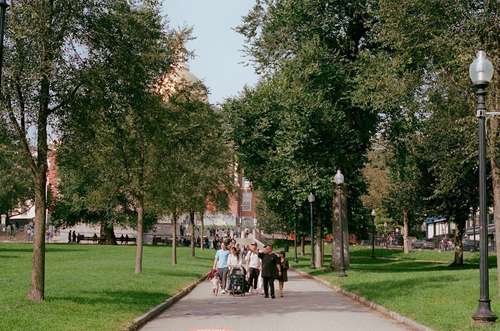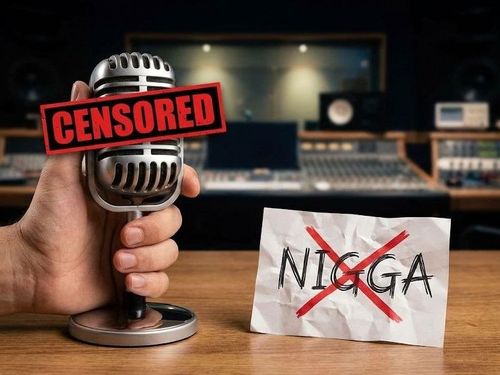Thousands protest against the mining of lithium in Serbia as fears rise over potential environmental impacts of the project. The controversial lithium mine that led to protests in Serbia was set to serve as a vital aspect of Europe's transition into greener energy sources.
Before the protests held in Belgrade on Saturday, two top protest figures claimed that security officials warned that any attempt to block roads would be considered illegal. As the rally progressed through the city, thousands chanted, "You won't dig", "There will be no mining," and "Rio Tinto gets out of Serbia," among other chants.
The protest peaked as demonstrators settled at Belgrade's leading railway station, blocking train tracks while halting traffic. Meanwhile, this is not the first time Serbians have protested against lithium mining in the country.
Is Serbia Rich in Lithium? Why Protests Are Rejecting Government-Backed Mining Plans
Serbia holds vast lithium deposits proximal to the western city of Loznica, where Rio Tinto, an Anglo-Australian mining company, is developing the mining project. However, the project has posed a perennial fault line in the country's political sector over its potential environmental impacts.
The Balkan country discovered Lithium deposits in 2004 and began mining plans afterward. However, weeks of demonstrations halted the government's plan to mine lithium in 2022.
Following court proceedings, Rio Tinto obtained legal approval to regain its mining permits in July, signaling that mining operations could resume in the country.
Days after the verdict, the Serbian government approved the project's resumption. Meanwhile, the government's verdict came alongside a memorandum of understanding with the European Union, which marks the first phase of developing Serbia's lithium deposits.
News of the government's approval and potential lithium mining plans got thousands to the streets of Serbia. Meanwhile, Saturday's protests in Serbia defied warnings from government officials that specific individuals planned to topple President Aleksandar Vucic's tenure via unrest.
Lithium is a crucial metal employed in the production of electric vehicle batteries. The mining project marks a shift in the country's car production industry towards greener options.
However, protests have continued to plague the project as many Serbians claim lithium mining would pollute water sources and threaten public health. Saturday's Belgrade protest was one of many demonstrations across the country.
Protesters are calling on legislators to ban the mining of lithium and boron in Serbia. Environmental groups had announced that they would block leading traffic areas in the country if the government failed to act before August 10.
Meanwhile, Serbian President Aleksandar Vucic has reportedly promised that the country won't begin mining operations until it establishes environmental safety protocols.
Conclusion
While thousands continue to protest against lithium mining in Serbia after the government approved a mining project in the country over environmental pollution fears, the government claims it would only begin any mining operation after establishing environmental safety protocols.




